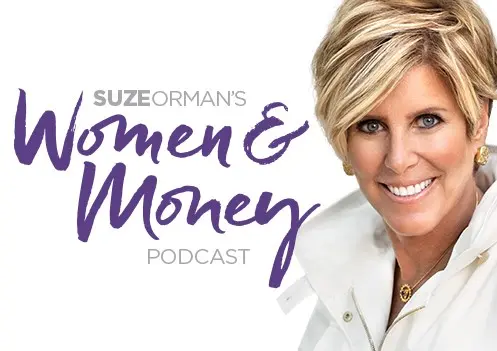A recent survey of millennial’s found that nearly 4 in 10 adults between the age of 22 and 35 believe that there is no big rush to start saving for retirement, and that they can focus on other goals such as building an emergency fund or saving for a home down payment.
Just one-third of the young adults surveyed is saving for retirement. I was so sad to see that just 60 percent of people with a workplace retirement plan that offers a matching contribution, are enrolled in the plan. That means that 40 percent of young adults surveyed are literally turning down an annual bonus. That’s what a matching contribution is: a bonus given to you if you agree to contribute to your retirement plan.
If you are a millennial, or happen to love one to pieces, please listen to me:
The single best move any millennial can make is to save for retirement right now. Not next year. Or in five years. Right now.
The Magic of Compounding
One of the most overlooked “tricks” of investing is that time is on your side. The earlier you start saving, the more time your money has to grow. That is what is called compound growth.
This is one financial concept you are going to love. And it’s easy to understand. Lett’s say you have $100. And it earns 7% this year. That means at the end of the year you have $107.
At the end of year 3 if your money has grown at the same 7% a year, what will your account be worth?
A. $121
B. $122.50
The answer is B. The higher amount is because of compounding. In year 2 you started with $107 and that compounded by 7%. At the end of year 2 you had $114.50 and that sum then grew by 7%.
Okay, I know what you’re thinking: ‘Really Suze, you want me to get excited about a few extra bucks?’
Nope. I want you to get excited about the hundreds of thousands of extra bucks you can have if you take advantage of compound growth.
Let’s walk through another example:
Save $250 a month starting at age 22 and you will have nearly $1.2 million saved by the time you are 70, assuming a 7 percent annualized return. Over the 48 years you contributed $144,000, and compound growth did the rest of the work.
If you instead wait until age 42 to start saving, you will end up with around $260,000 by age 70. That’s the cost of 20 years less of contributions, and most importantly, 20 less years of compounding working for you.
Okay, let’s assume that at age 42 your goal is to play catch up: you will save enough each month to end up with the same age-70 pot of around $1.2 million. To do that you would need to save more than $1,100 a month from age 42 to age 70. That adds up to saving more than $370,000 of your own money over the 28 years to end up with nearly $1.2 million.
Let’s review: start at age 22 and you will need to contribute $144,000 of your own money to end up with nearly $1.2 million at age 70 assuming a 7% annualized return. Start at age 42 and you will need to contribute more than $370,000 of your own money.
That’s a huge price to pay for waiting to save for retirement.
I get that it can be hard to juggle saving for retirement with all your other financial goals, from building an emergency savings fund to paying your student loans.
All I ask is that you try your very best to start saving for retirement today, so you can take advantage of compound growth. Something is always better than nothing. Take the time to carefully go through your budget; I bet you can find $50 or more a week you can trim from spending, that can then go toward your retirement savings.
And if you do have a retirement plan at work that offers you a matching contribution, please, please, please make sure you are contributing enough to the plan to qualify for the maximum matching contribution. There is no better deal than receiving a bonus that can then compound for decades.
Top Resources for You

The Ultimate Retirement
Guide for 50+
Learn More

MUST HAVE® Documents
Online Program
Learn More







